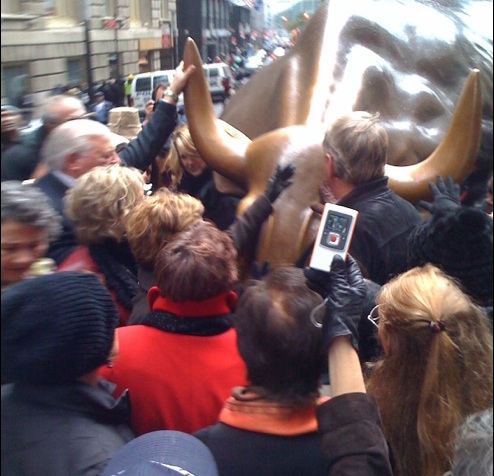The role of the brain in determining religiosity gets put into the spotlight again by a new study by the University of Missouri. As reported by ScienceDaily, this is one of the first studies that use individuals with traumatic brain injury to investigate the connection between religion and the human brain. The data gathered from this particular study lends support to a neupsychological model that links specific forms of spiritual experiences with decreased activity in the right parietal lobe of the brain.
The type of religious feeling that is relevant here is selflessness and the transcendence of feeling a strong connection with others and the universe. The researchers found that people who had suffered brain damage in that area of the brain reported higher levels of these types of spiritual experiences. The researchers also suggest that it is possible to induce such feelings by reducing activity in that part of the brain through conscious meditation or prayer.
As my post title indicates, however, this is far from the first time that religious inclination has been linked to brain damage. This BBC article from 2003 for example, suggests that people who suffer from temporal lobe epilepsy are prone to suffer from hallucinations that they may interpret as being religious in nature. Even more interestingly, that article references an experiment that involved studying the brain activity of a Buddhist who was meditating and found that the parietal lobes of the brain were almost completely shut down during that time, the same part of the brain that was involved in this new study. According to the BBC article, this area of the brain is responsible for giving us our sense of time and place, which might help explain why shutting it down would make humans feel that they’re not an individual but are instead a part of the wider universe.
I don’t really have the time to examine this in-depth today but this new study does raise an interesting perspective for me personally. In the BBC article, Richard Dawkins, probably the most famous living atheist today, was found to be more or less immune to the effects of a magnetic field directed around the temporal lobes of his brain, while others who had undergone the experience reporting feeling some sort of “presence”. This led the article to suggest that different people may have a variable “talent” for religion. In the same way, would this mean that humans whose parietal brain regions are naturally more active or well developed innately feel more individualistic and self-centered?


